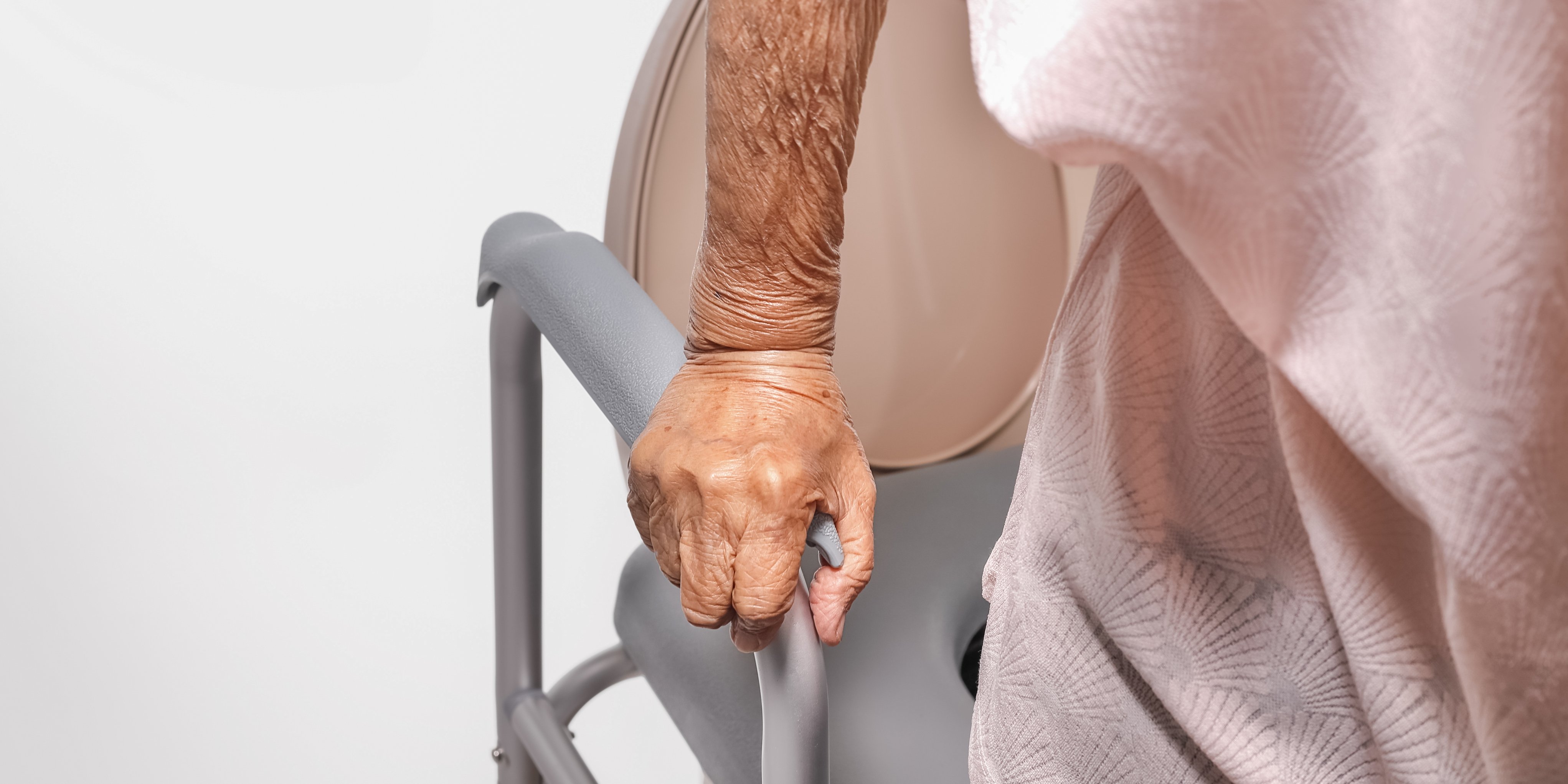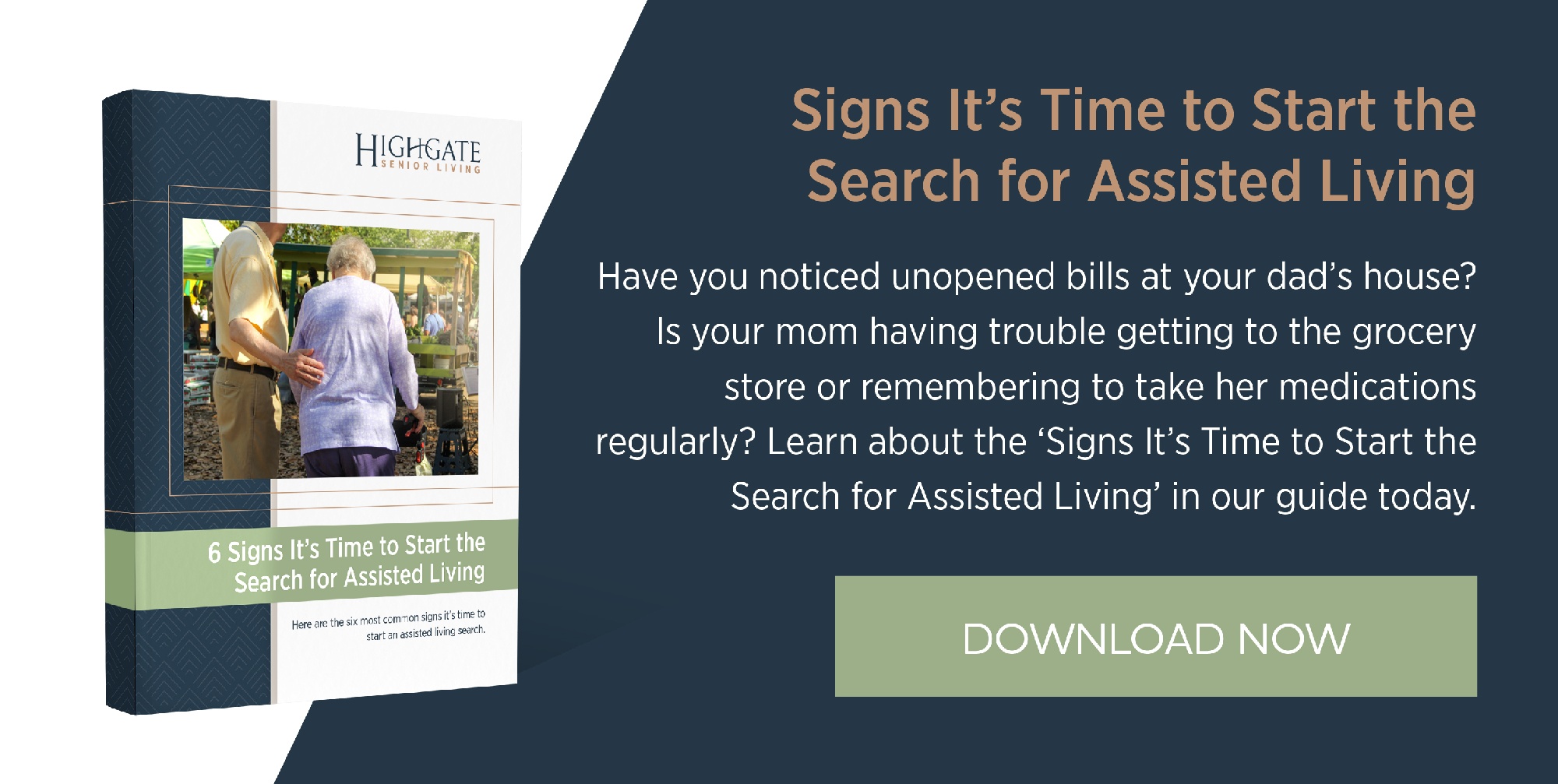
Do you know what the most dangerous room in the house is? A lot of people think it’s the kitchen, and that’s a good guess given knives and the stove. It’s actually the bathroom and it only gets more dangerous as you age.
Fortunately, simple changes can make a big difference in your parents’ safety.
Why Bathrooms Are So Dangerous for Seniors
A full 80 percent of falls happen in the bathroom. Although anyone can slip and fall in the bathroom, having poor muscle strength and balance is strongly associated with increased risk.
When you’re older, low toilets can be difficult to get up from easily. Bathtubs can be difficult to step into and out of. Slippery bathtub and shower floor surfaces do not help. Sitting down and standing up can cause dizziness or unsteady balance due to changes in blood pressure. If you do fall, there are hard surfaces and corners everywhere.
Falls can cause broken bones, hip fractures, and head injuries. If you have a history of falls, the risk is even greater.
Among seniors, most falls occur when:
- Getting on or off the toilet
- Getting in, around, or out of the tub or shower
- Attempting to use sink tops or other objects to support balance
- Gripping insufficiently secured towel racks for support
Plus, most parents don’t want to talk to their adult children about their challenges behind closed doors. They might be embarrassed to ask for help when it comes to using the toilet. Or they might just not know their own limits and accidentally risk their safety.
It’s not easy to watch a parent have trouble with things like grooming and personal hygiene. Thankfully, there are things you can do make it easier for your loved one to take care of their everyday needs, reduce their risk of falls, and help them remain as independent as possible.
Fall Prevention Tips & Products
Here are some simple tips and suggested modifications you can make to make going to the bathroom safer and easier for your parent.
1. Install Grab Bars
If your loved one struggles with poor balance while getting in and out of the shower, install grab bars. There are a few different types of grab bars:
- Wall-mounted grab bars: Wall-mounted grab bars provide secure support to prevent slips and falls.
- Floor-to-ceiling grab bars: Floor-to-ceiling pole grab bars or tension poles can provide support in awkward spaces and are more easily installed and removed than bolted on bars.
- Tub-attached grab bars: If your parent uses a tub to bathe, there are grab bars that will lock onto the side of the bathtub to give them an extra hand-hold when they’re stepping in and out of the tub.
- Suction cup grab bars: Stay away from the suction cup bars, which can easily slip away when weight is applied.
Grab bars can also be added around the toilet seat to give your loved one a helpful guide and support. The nice thing about toilet seat frames is that they can be easily installed and removed without tools.
Now your parent won’t have to reach for a shaky towel bar to support their balance when getting on and off the toilet or getting in and out of the shower or tub.
2. Raise the Toilet Seat
Many older adults have difficulty rising from or sitting down on a toilet. In addition to installing grab bars around the toilet, you might want to consider using a raised toilet seat, which will raise the seat height by 3 to 4 inches. This will help ensure your parent stays stable and reduces the risk of falling.
3. Buy a Shower Chair or Bench
If your parent has poor balance when showering or has difficulty standing for long periods of time, ask if they would use a shower chair or bench. A shower chair would allow them to sit and rest comfortably and safely as they bathe. Look for a chair or bench with rubber tips on the legs to prevent sliding.
4. Switch to a Handheld Showerhead
Another easy-to-install product to consider investing in if your parent would benefit from sitting while bathing is a handheld showerhead.
5. Use Non-Slip Mats
Another way to improve senior bathroom safety is by putting a non-slip mat on the floor of the shower or tub as well as a non-slip rug on the floor. This can help your parent feel more stable and can reduce slipping when they’re stepping out of the tub or shower.
6. Put Toiletries Within Reach
If your parent has difficulty reaching or bending down, reorganize their bathroom so all items used on a day-to-day basis are easily accessible. Maybe you install a shower caddy so they don’t have to stretch or bend down for the shampoo bottle or soap. You could also install a liquid soap dispenser on the bathtub or shower wall so they can avoid testing their balance.
7. Be Mindful of Medications
Some medications — or the combination of medicines — can cause dizziness or drowsiness. This can make falls more likely. Next time your loved one goes to the doctor, encourage them to ask their doctor to review all their medications for risky side effects and drug interactions.
8. Offer to Help
Your parent might get dizzy when they get up too quickly and might benefit from someone nearby when bathing. Or they might feel unsafe while getting in and out of the shower. But pride might stand in their way of asking for help. They might be waiting for you to offer.
If your loved one needs more help in the bathroom than you’re able to provide at home, it might be a sign that it’s time to start exploring your assisted living options. For more information, download our eBook, Signs It’s Time to Start the Search for Assisted Living.






